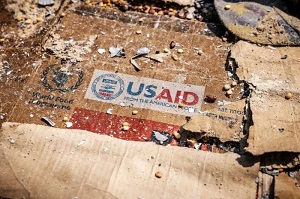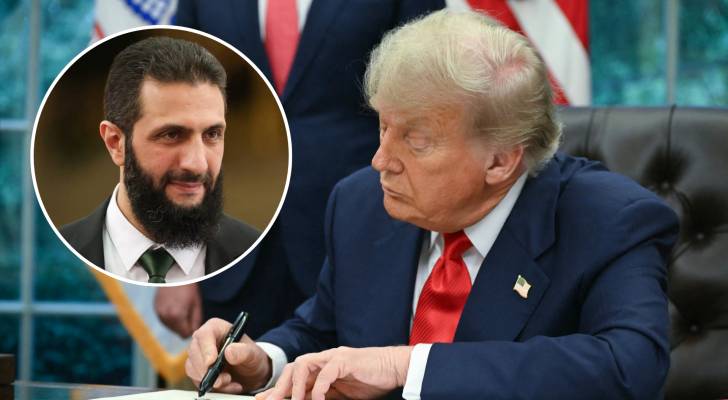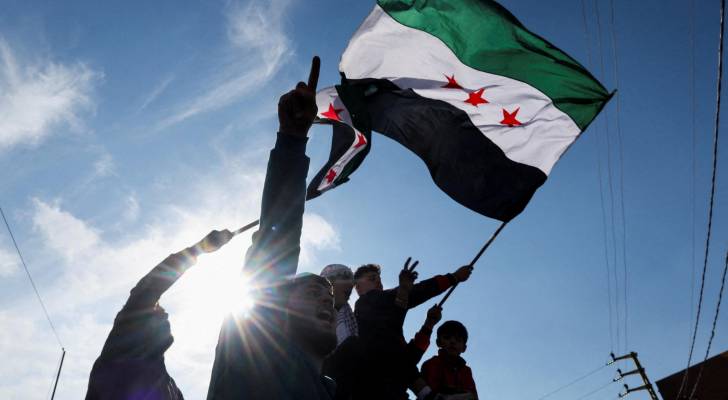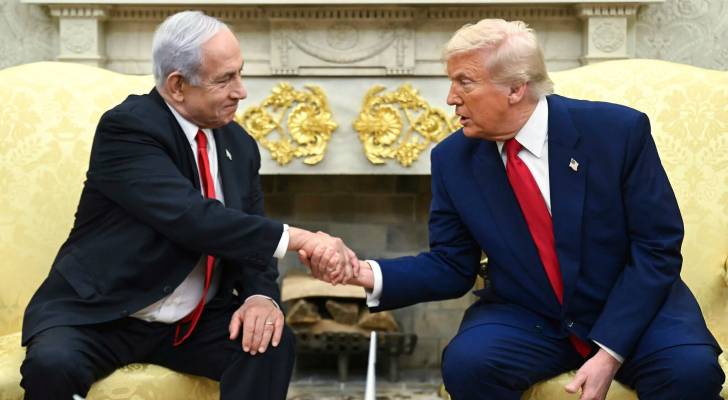From missiles to deals - By Mohammad Abu Rumman, The Jordan Times
Whatever the definition of victory or defeat in the recent Iranian-Israeli war may be, the fact remains that Iranian influence has significantly faded over the past two years in Syria, Lebanon, and even Iraq.
The latest developments are expected to deepen internal debate in these countries, with growing division over Tehran’s role. More significantly, the regime of "Wilayat al-Faqih" will face fundamental questions about political legitimacy, and internal political and social fragmentation is likely to become more entrenched. In sum, Iran will likely cease to be a key regional actor in the coming phase, as it once was over the past two decades.
On the other side, Israeli Prime Minister Benjamin Netanyahu will attempt to translate these wars and military operations into "political gains," both regionally and domestically. However, his agenda clashes with U.S. President Donald Trump for the next phase. According to credible and realistic leaks reported in Israeli media, active backchannel negotiations are underway to end the war in Gaza, resolve remaining issues, and reach a permanent ceasefire, including the release of prisoners in exchange for a temporary administrative commission to govern Gaza with the presence of Arab forces to ensure security and stability.
Regionally, the political "cash-out" that both Trump and Netanyahu seek is to link the end of the Gaza war with the broader Saudi-Israeli normalization project. This would pave the way for wider Arab-Islamic normalization with Israel and its full integration into the region.
Yet that grand prize is contingent, from the Saudi perspective, on the establishment of a Palestinian state—something Netanyahu vehemently opposes. For him, such a step would fracture his right-wing coalition. Should he agree, the alliance would likely collapse. Trump’s reported insistence on shielding Netanyahu from prosecution could be a lifeline for the Israeli PM, enabling him to recalculate his political alliances and find new partners more aligned with advancing normalization, while softening Israeli resistance to the Palestinian state and even the Palestinian Authority itself.
Israel’s current political setup is not ideal for advancing regional normalization, true. But what would a Palestinian state even look like? Where would its borders be? What about the fate of Jerusalem? These are unresolved, difficult, and complex questions. No Palestinian leader dares to concede on these issues—particularly the demand for East Jerusalem as the capital.
Meanwhile, would Saudi Arabia be willing to proceed with normalization without clear, specific, and time-bound commitments to establishing a Palestinian state along the 1967 borders? That scenario is not a viable option for the Israeli leadership—not Netanyahu, nor Yair Lapid, Naftali Bennett, or others. So what is the "magic formula" that would make the Saudi demand acceptable or achievable? Will the term “state” be rebranded or watered down? Or will it be mentioned only with delayed implementation?
Leaks suggest Trump may grant Israel control over portions of the West Bank in exchange for agreement on a Palestinian state—conditional on reforming the Palestinian Authority (with "reform" being a loaded and ambiguous concept).
Trump is pushing hard for a new Middle Eastern order, one in which Israel is fully embedded, along with Saudi Arabia and other regional states. Even Syria could potentially be part of this, despite its unresolved dispute with Israel over the Golan Heights. What price would be acceptable for normalization in that case?
Can historical impasses be temporarily bypassed to push this new vision forward? Will Trump succeed in imposing his terms and vision on all parties after the Iranian-Israeli war?
Many questions remain unanswered—but what is certain is that the coming phase will be crucial in reshaping the Middle East and redefining regional politics.
Latest News
-
 Jordanian authorities arrest 23 suspects in deadly methanol poisoning case
Jordanian authorities arrest 23 suspects in deadly methanol poisoning case
-
 Over 14 million people could die from US foreign aid cuts — study
Over 14 million people could die from US foreign aid cuts — study
-
 Trump signs executive order lifting Syria sanctions
Trump signs executive order lifting Syria sanctions
-
 Syria welcomes Trump’s lifting of sanctions as ‘turning point’ toward recovery
Syria welcomes Trump’s lifting of sanctions as ‘turning point’ toward recovery
-
 Netanyahu to visit Trump at White House on July 7
Netanyahu to visit Trump at White House on July 7